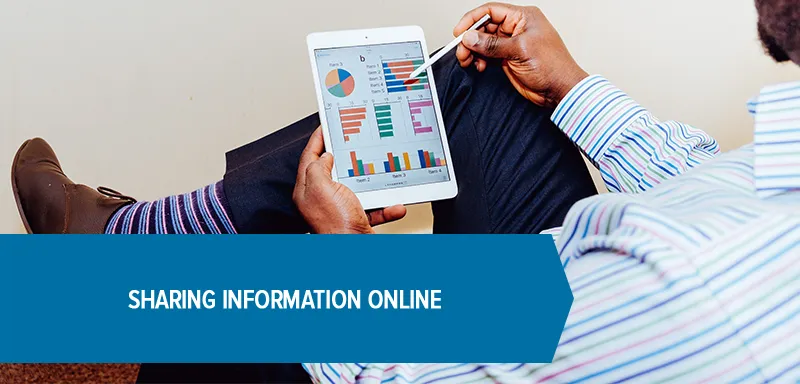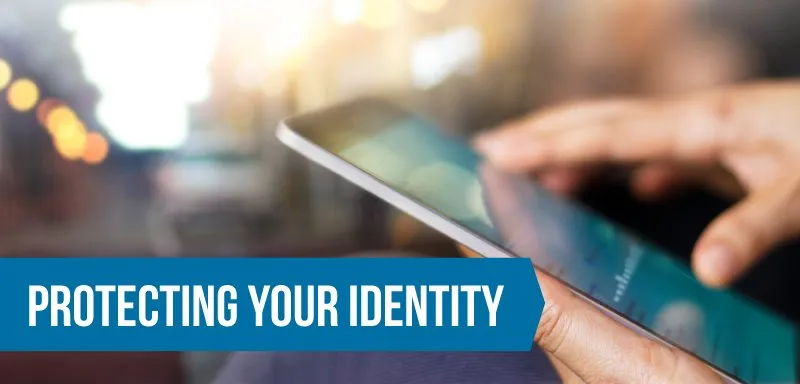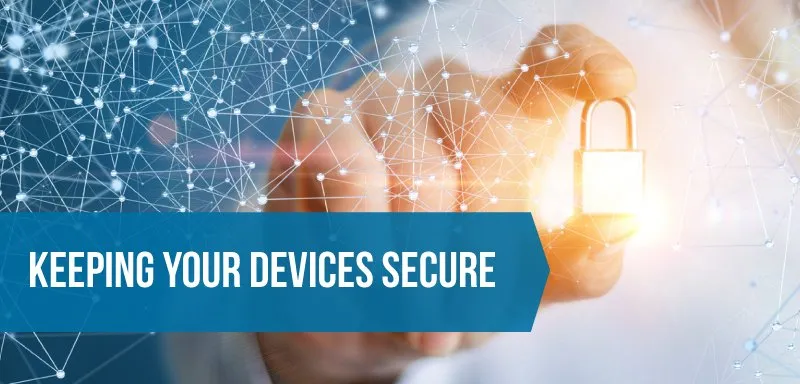October is National Cybersecurity Awareness Month
National Cybersecurity Awareness Month occurs every October as a national campaign designed to increase the public’s awareness of cybersecurity and cyber crime issues. The campaign is organized by the National Cyber Security Alliance, a consortium of public and private sector sponsors who share a concern about protecting the public from Internet threats.
The National Cyber Security Alliance Month (NCSAM) theme this year is “Do Your Part. #BeCyberSmart.” This theme encourages individuals and organizations to own their role in protecting their part of cyberspace, stressing personal accountability and the importance of taking proactive steps to enhance cybersecurity.
Phishing scams are taking a toll on bank customers.
- Every day, thousands of people fall victim to fraudulent emails, texts and calls from scammers pretending to be their bank. These are commonly referred to as phishing scams. The communication is designed to trick you into providing confidential information (like account numbers, passwords, PINS, or birthdays) either online or over the phone to someone imitating a bank employee.
- Victims of phishing scams can lose hundreds, even thousands of dollars. The Federal Trade Commission (FTC) estimates that consumers lost $1.9 billion to phishing schemes in 2019 and the pandemic has only increased in the threat.
- Scammers are taking advantage of the fear and uncertainty surrounding COVID-19, as well as the expanded use of digital banking platforms, and tricking consumers into giving up their personal and financial information.
To spot phishing scams, just remember “Banks Never Ask That”
If you receive an email, text, or phone call asking for confidential information, it’s a definite red flag. It’s better to be safe than sorry. End the call, delete the text and or email and remember, banks never ask that.

Union Bank will never send you a text or email that asks you to click a suspicious link.

Scam emails, texts, and calls may pressure, or even threaten you to respond. Ignore the contacts and call us directly. 800.753.4343

Union Bank will never ask you to provide confidential information about your account, social security number, name, address or password in an email or text message. You may be asked to verify confidential information when you call Union Bank, but never the other way around. If you receive an incoming call from someone claiming to be from Union Bank that you do not know, the safest thing you can do is hang up and call Union Bank’s Customer Care Team (800.753.4343) to verify who is trying to call you.

If you think an email, text, or call might be a scam, play it safe. Just hang up and call us with the number on the back of your debit or account card. 800.753.4343.

Fraudulent texts and emails often have typos. Check for spelling and grammar errors that look suspicious.
Glossary of Terms
Top Resources to Bookmark During National Cyber Security Awareness Month
Imposter Scams Infographic
FDIC Consumer News- Scam Alert
Related Resources
Return to top












